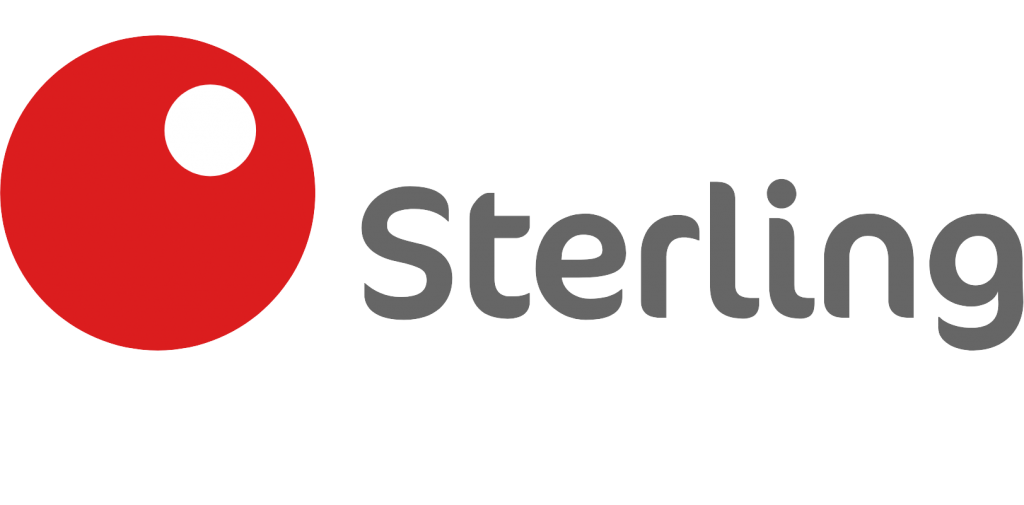Do you find financial jargon confusing? Phew! You’re definitely not alone. The world of finance is filled with complex terminologies that can be difficult to understand. But fear not, we’re here to help! Leave us to flex our super power by explaining key financial terms in simple ways. It’s our way of showing off so let’s get started!

A is for Assets: Assets are things that you own that have value, such as your house, car, or investments.
B is for Budget: A budget is a plan that helps you manage your money. It includes all of your income and expenses, and helps you to make sure you’re not spending more than you earn.
C is for Compound Interest: Compound interest is interest that is calculated on both the principal (the amount you borrowed or invested) and the interest you’ve already earned. Over time, compound interest can help your savings grow faster on Doubble.
D is for Debt: Debt is money that you owe to someone else, such as a credit card balance or a mortgage.
E is for Emergency Fund: An emergency fund is money set aside for unexpected expenses, like car repairs or medical bills. It’s important to have an emergency fund so you don’t have to go into debt to pay for unexpected costs.
F is for Financial Advisor: A financial advisor is a professional who can help you make decisions about your money, such as investments or retirement planning.
G is for Gross Income: Gross income is the total amount of money you earn before taxes and other deductions are taken out.
H is for Home Equity: Home equity is the value of your home minus the amount you still owe on your mortgage. You can use your home equity to get a loan or line of credit.
I is for Inflation: Inflation is the rate at which prices for goods and services increase over time. It can have a significant impact on the value of your money over the long term.
J is for Joint Account: A joint account is a bank account that is owned by two or more people. All account holders have equal access to the funds in the account. If you’re thinking of opening one, try Sterling.
K is for Key Rate: The key rate is the interest rate set by a country’s central bank. It can have a significant impact on the economy and financial markets.
L is for Liability: A liability is an obligation to pay money, such as a debt or a legal judgment.
M is for Mutual Fund: A mutual fund is a type of investment that pools money from many investors to buy a portfolio of stocks, bonds, or other assets.
N is for Net Worth: Net worth is the value of your assets minus your liabilities. It’s a measure of your overall financial health.
O is for Overdraft: An overdraft occurs when you spend more money than you have in your bank account, and your bank covers the difference. Specta’s Ultra card gives you an overdraft option, whenever you need it.
P is for Portfolio: A portfolio is a collection of investments, such as stocks, bonds, and mutual funds.
Q is for Quote: A price quote tells the customer how much you will charge for the product or service, and what your terms are. The quoted price is only valid for a certain period of time and can’t be changed once the client accepts it.
R is for Return on Investment: Return on investment (ROI) is the amount of money you make on an investment, expressed as a percentage of the amount invested.
S is for Savings Account: A savings account is a bank account that pays interest on your deposits. It’s a good place to keep money you’re saving for short-term goals.
T is for Taxes: Taxes are fees that are paid to the government to fund public services and programs. You pay your tax, right?👀
U is for Underwriter: An underwriter is a person or company that evaluates the risk of a particular investment or insurance policy.
V is for Variable Rate: A variable rate is an interest rate that can change over time, based on market conditions or other factors.
W is for Withdrawal: A withdrawal is when you take money out of a bank or investment account.
X is for eXtra Income: eXtra income is a form of supplemental income that is in addition to your primary salary or pay. It may be in the form of a part-time position or a side business.
Y is for Yield: Yield is the money you earn from an investment, usually shown as a percentage of the amount you invested.
Z is for Zero-Coupon Bond: A zero-coupon bond is a type of investment where you pay less money now and get more money back in the future, without any regular payments in between. If you want to learn how to calculate this, check here for all the details.
Alright, that’s it guys. Now you know better when someone throws those heavy financial terms at you. It’s really not that deep.
















